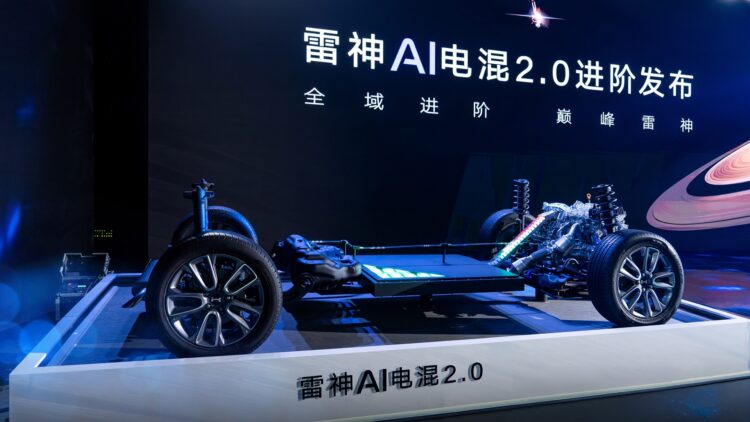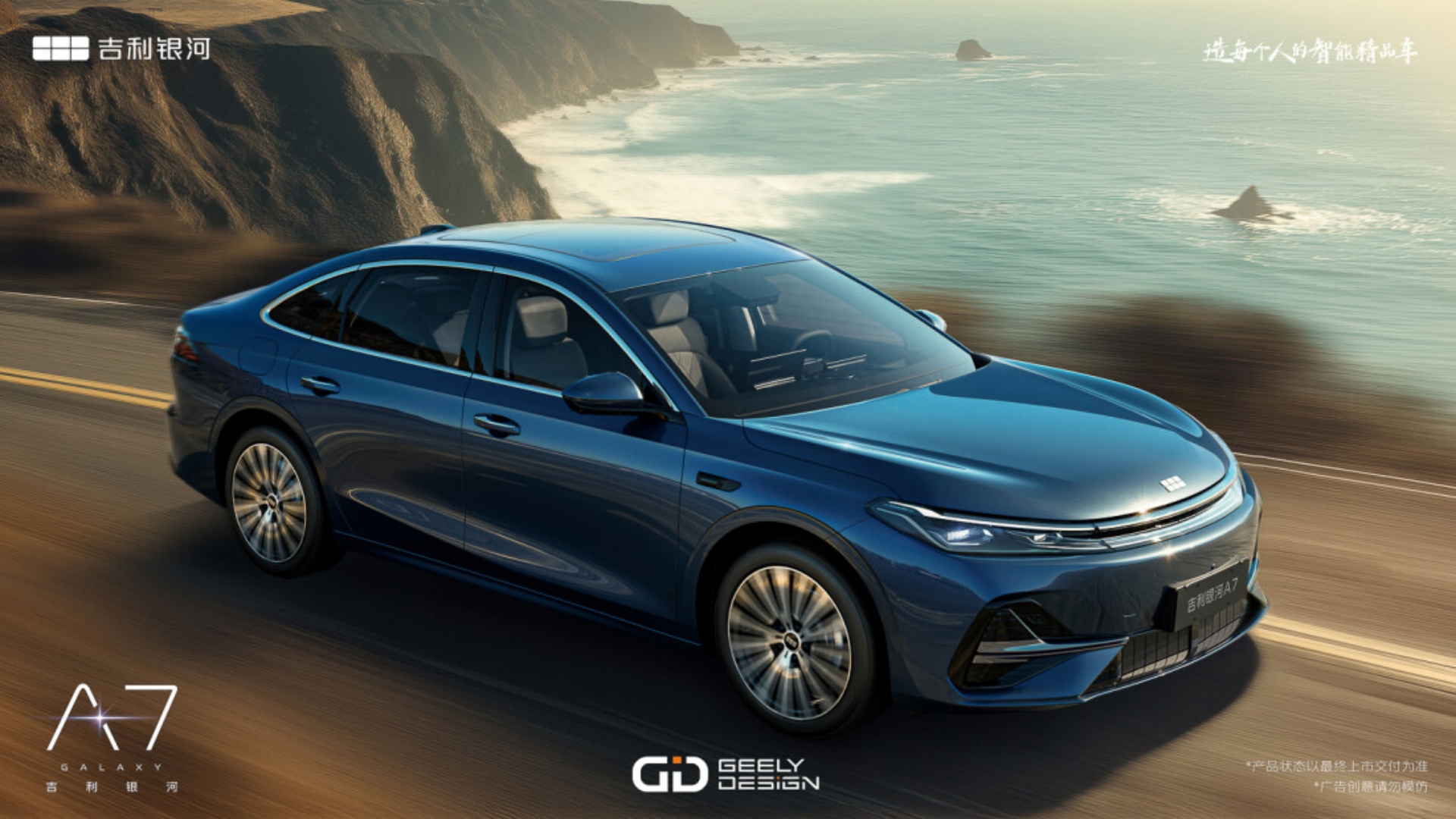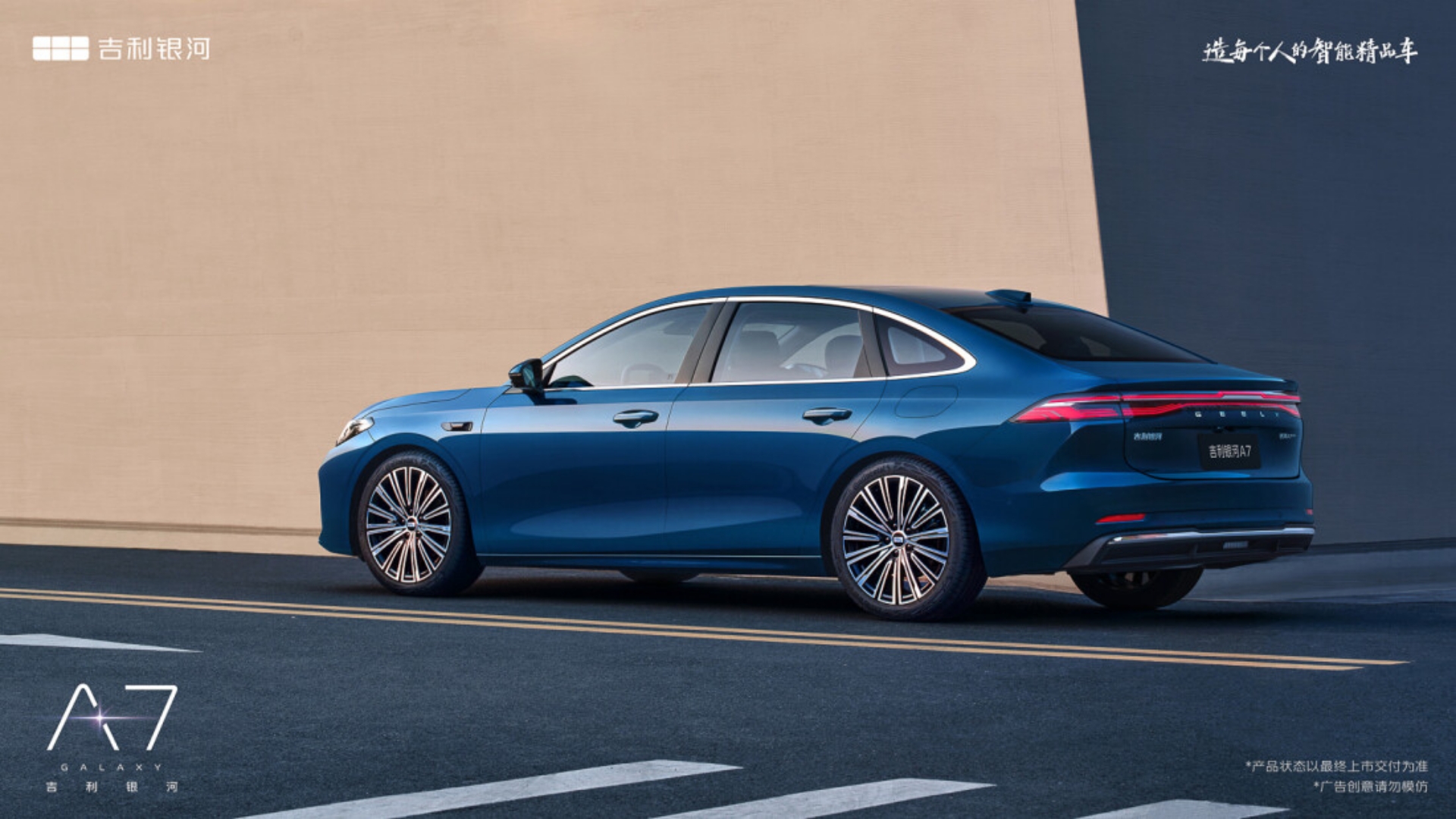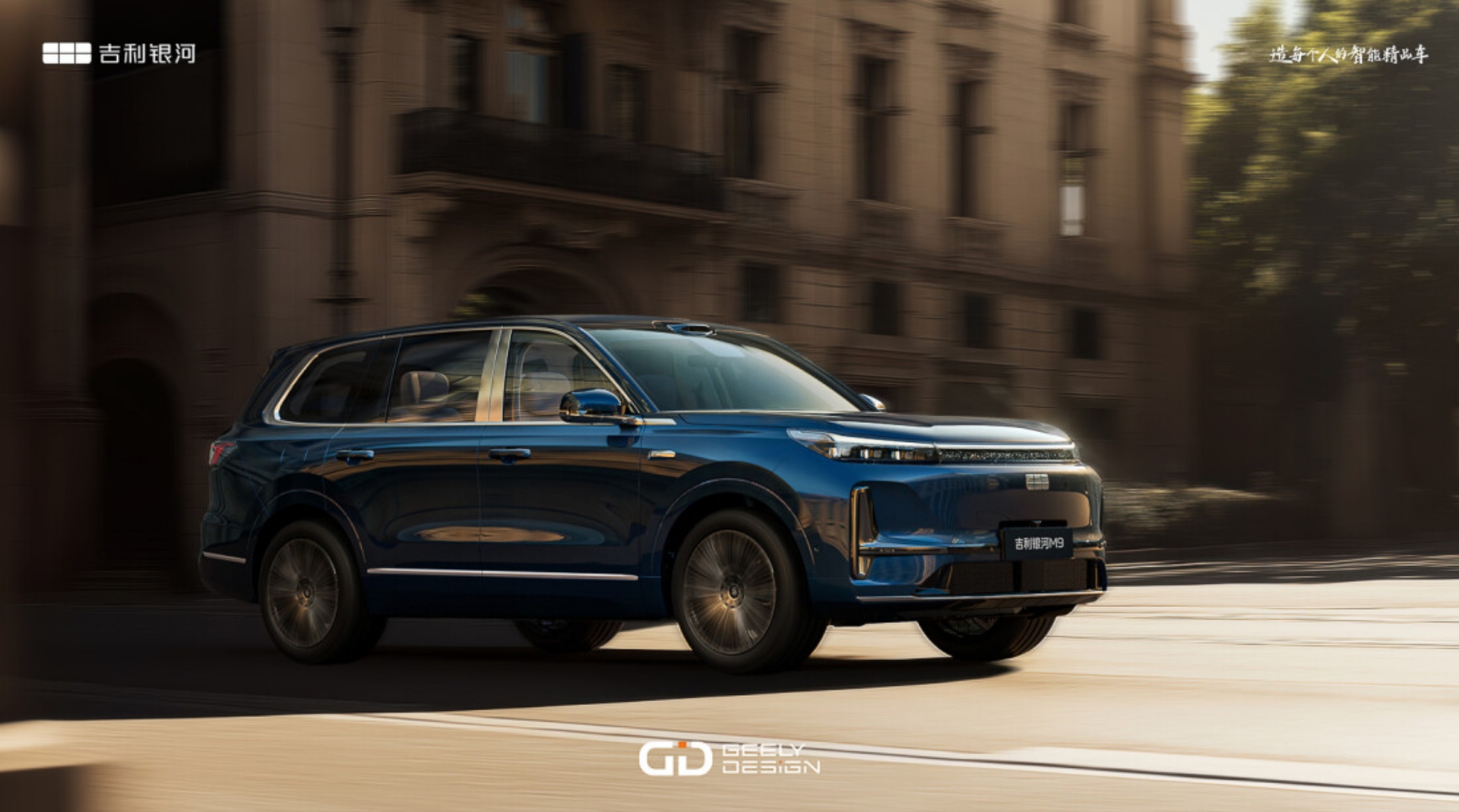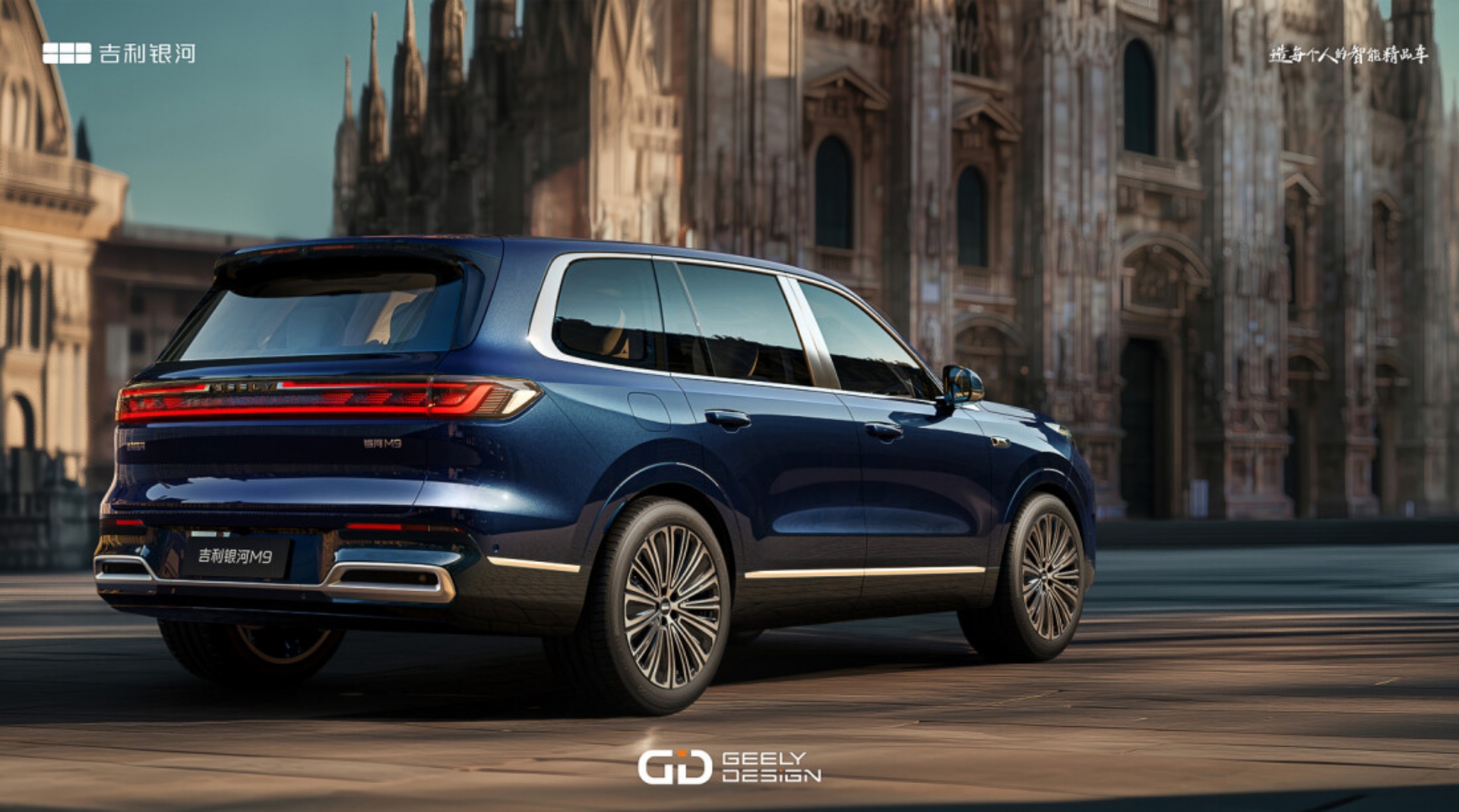While electric vehicle (EV) technology continues to advance rapidly, hybrid technology is also making significant strides. This was highlighted when Geely unveiled its EM Super Hybrid 2.0 powertrain system at the recent Auto Chongqing 2025 motor show. The company claims the new platform is the industry’s first to feature an AI scenario-based power domain intelligent entity, highlighting the onboard Xingrui AI Cloud Power 2.0 system.
The EM Super Hybrid 2.0 powertrain system itself combines both the EM-i AI Hybrid and EM-P AI Hybrid models. At its core is a 1.5-litre engine that claims to deliver an impressive thermal efficiency of 47.26%. The engine is enhanced with seven friction-reduction technologies, a variable-displacement oil pump, and an intelligent thermal management system for optimal performance.
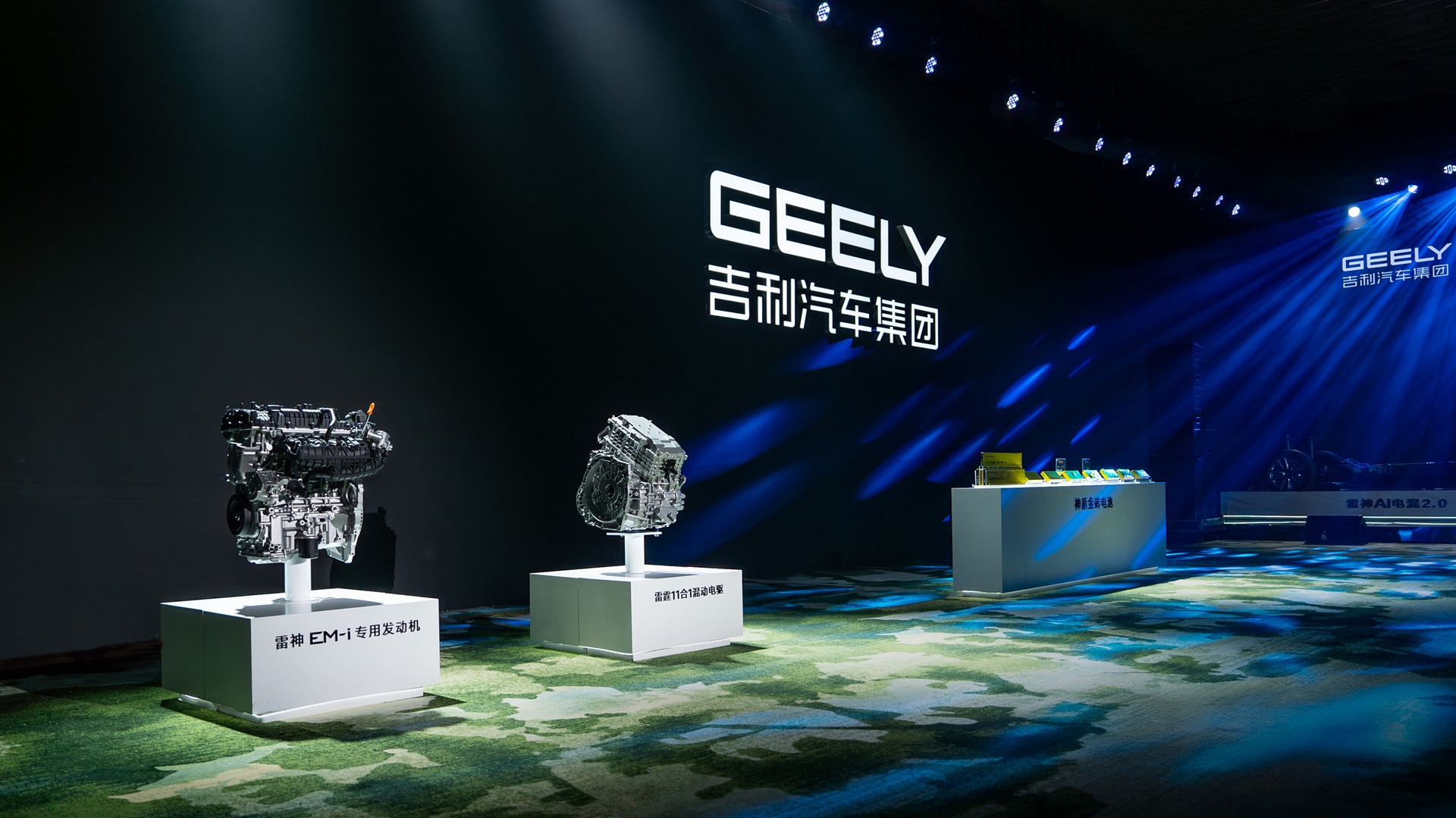
Under CLTC (China Light-Duty Vehicle Test Cycle) conditions, it achieved a low state-of-charge (SOC) fuel consumption of just 2.67 litres per 100 km, offering a remarkable driving range of up to 2,100 km. In real-world media tests conducted in China, it performed even better, recording a low-SOC fuel consumption of only 2.49 litres per 100 km under all road conditions.
The Xingrui AI Cloud Power 2.0 system is claimed to help optimize Geely’s EM Super Hybrid 2.0 by boosting performance, reducing energy use, and lowering maintenance costs. It is also said that this technology helps in extending the engine maintenance intervals by over 50%, and the battery life is increased by 15%, saving users both time and money.
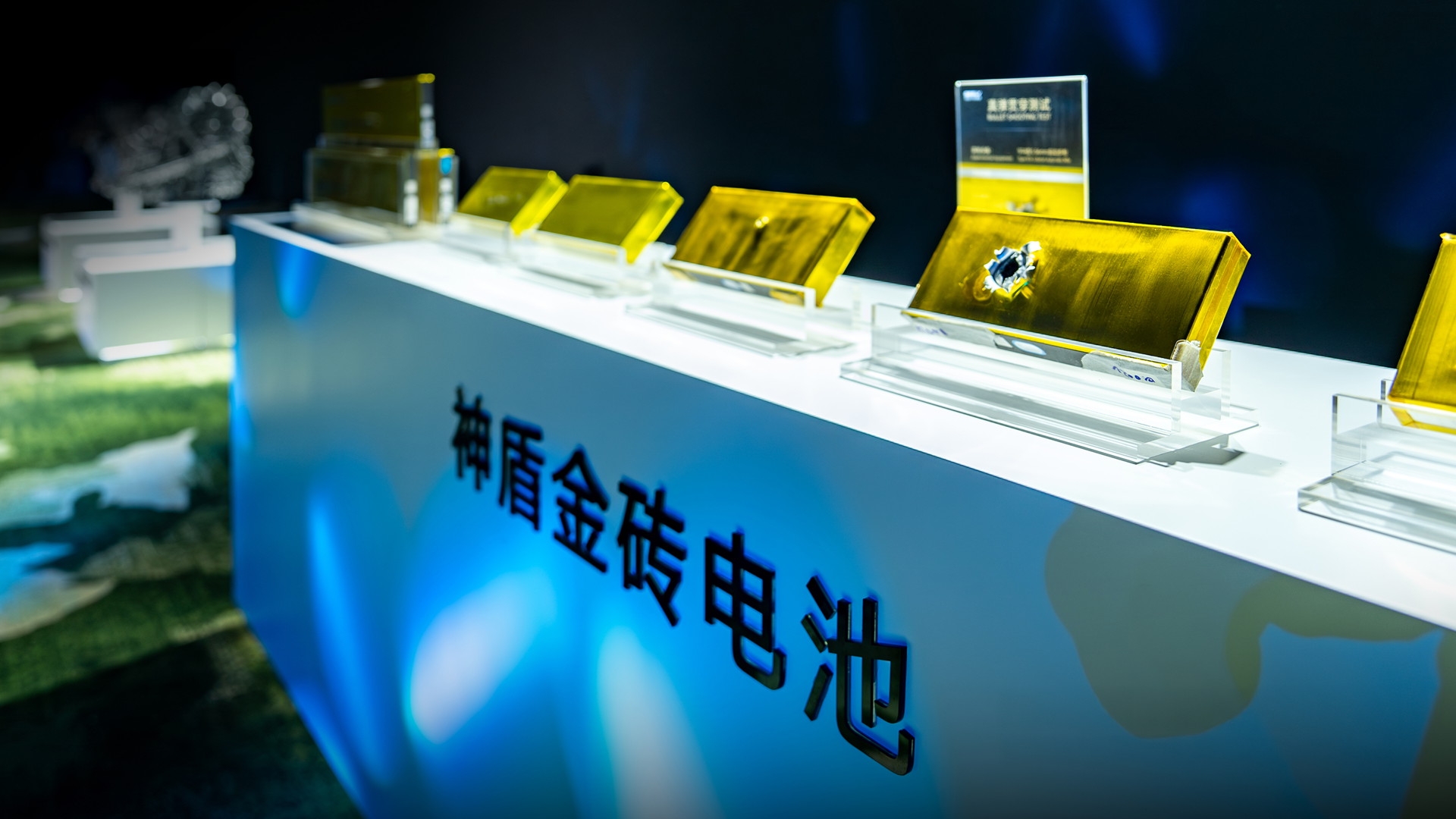
Supporting this is Geely’s Xingrui Intelligent Computing Center 2.0, which according to the automaker delivers top-tier computing power at 23.5E FLOPs (Floating Point Operations Per Second). In terms of software, the company combines advanced engineering with powerful data processing to develop high-performance AI models that strengthen its research and development.
The new EM Super Hybrid 2.0 system is reported to make its debut in the upcoming Geely Galaxy A7 saloon, a model previously highlighted as a potential successor to the Proton Perdana. Meanwhile, the EM-P PHEV variant focuses on enhanced driving dynamics and all-wheel-drive performance.
It features a turbocharged version of the same 1.5-litre engine found in the EM-i, paired with an advanced all-wheel-drive system. This setup is further optimized by the Xingrui AI Cloud Power 2.0, which improves torque distribution for better control and responsiveness. This performance-oriented configuration will debut in the Geely Galaxy M9 SUV, delivering a combined CLTC driving range of up to 1,500 km, fuel consumption of just 4.8 litres per 100 km, and acceleration from 0 to 100 km/h in just 4.5 seconds.
The third and final variant of the EM AI Super Hybrid 2.0 lineup introduces a hydrogen powertrain. Its internal combustion engine (ICE) is claimed to achieve an even higher thermal efficiency of 48.15%. While details on this hydrogen-hybrid system remain limited, Geely has confirmed it will power an upcoming sedan and SUV, both scheduled to debut in Q4 this year.
(Source: Geely Press Release / Carz)

